Déjà Vu: What It Is and Why It Happens
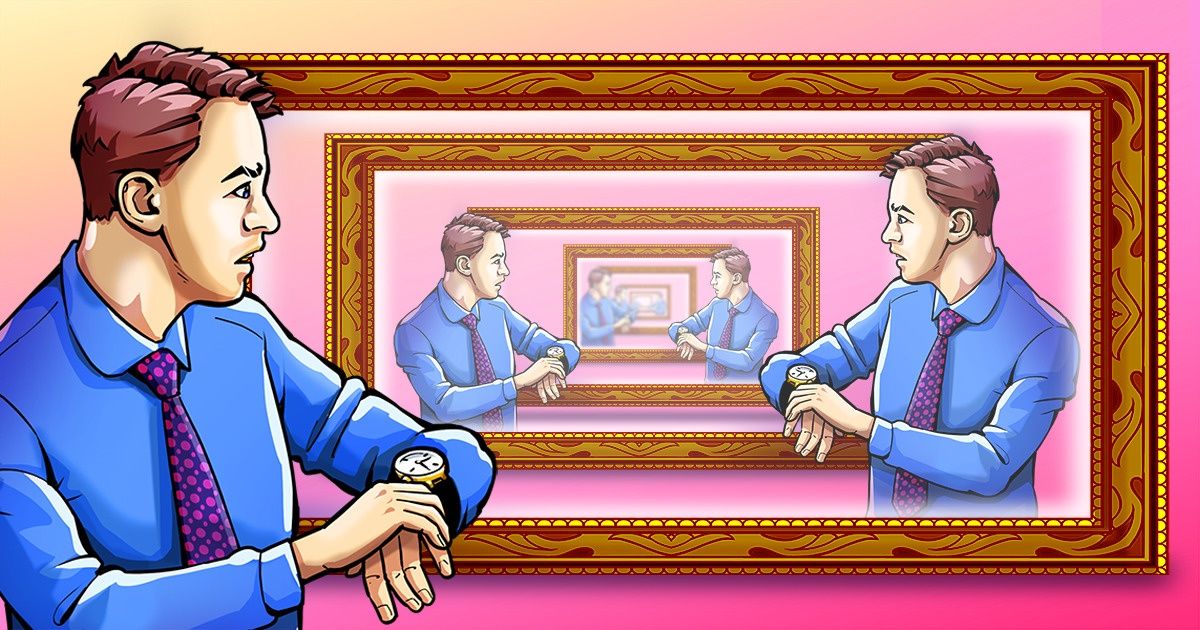
Déjà vu is French for “already seen” and this is what we experience when we are having one. 5-Minute Crafts will help you understand what exactly is happening based on some theories.
What you might experience
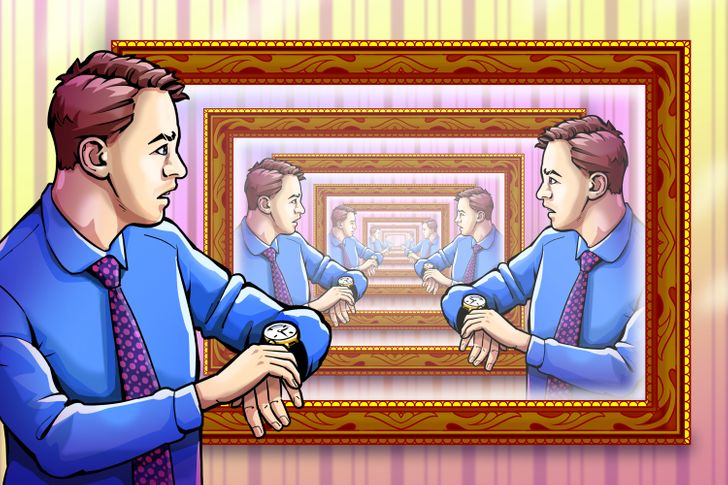
You experience Déjà Vu when you have that bizarre feeling that you’re experiencing something in the current moment that already happened in the past. Scientists have had trouble studying déjà vu, partially because it happens all of a sudden, without warning, and that is also why several experts suggest different theories.
Theory 1: Split perception
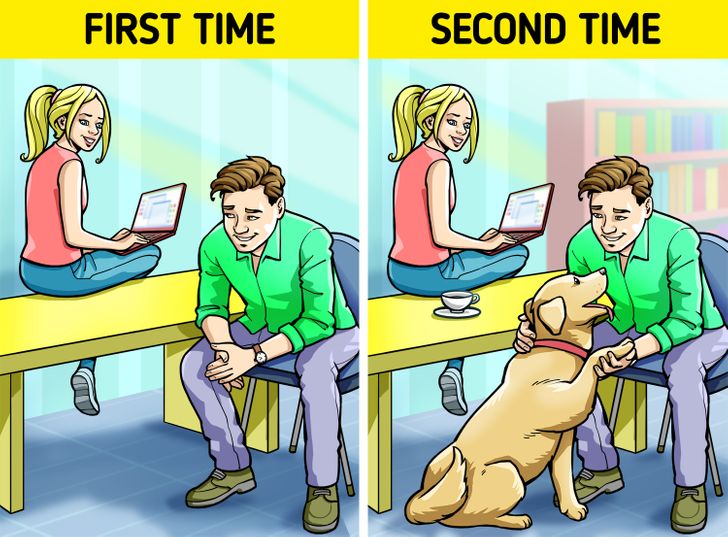
This theory says that déjà vu happens when you see something 2 different times. The first time you see something, you could be distracted and your brain could begin to start forming a memory with a limited amount of information. The second time you look at it, you take in the full experience but since the idea was already in your mind it feels like 2 different events, but it’s just one continuous perception of the same event.
Theory 2: Minor brain malfunctions
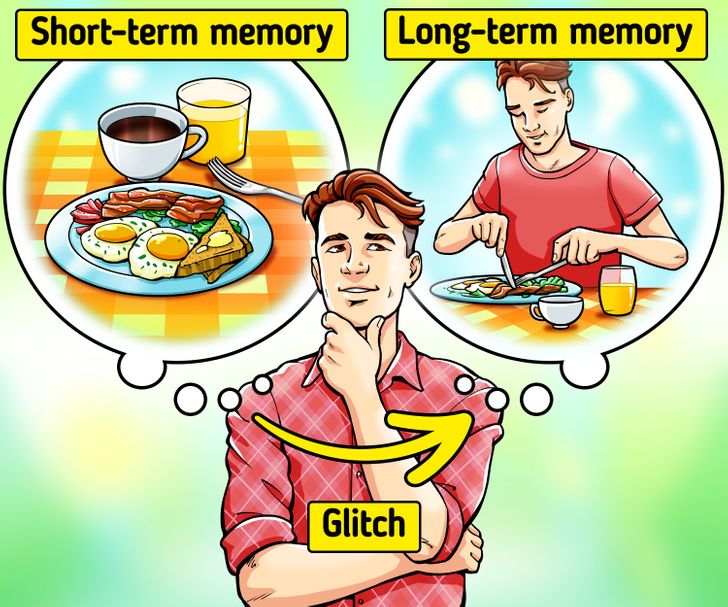
This happens when the part of your brain that tracks present events and the part of your brain that recalls memory are both active and your brain “glitches.” Some experts even say that sometimes your short-term memory takes a shortcut to your long-term memory, instead of the normal path, and it can trigger the déjà vu.
Theory 3: Memory recall
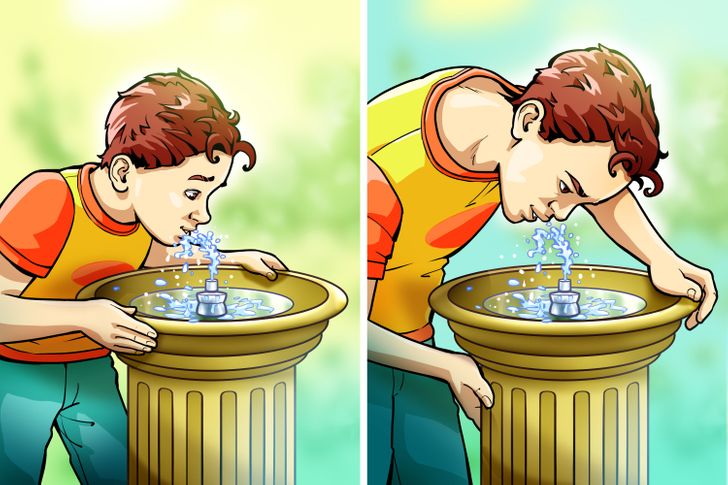
Experts who believe in this theory say that déjà vu happens when an event resembles something you have experienced before but don’t remember like, for example, a childhood memory. Experts believe that if you fully remembered a past memory, you’d never have a déjà vu in that case.
When to be concerned
Usually, a déjà vu is a healthy mind mechanism and is far from dangerous. However, sometimes, it could be a sign of a seizure, especially the epileptic type. These can be hard to recognize but if you feel like during your déjà vu you can’t control your muscles, or you experience things with your senses that are not real, you should be worried. The same thing goes for when you have an unexpected feeling of joy, anger, sadness, or nausea and strange repetitive behaviors like blinking and twitching. In these cases, it’s important to speak to your doctor.